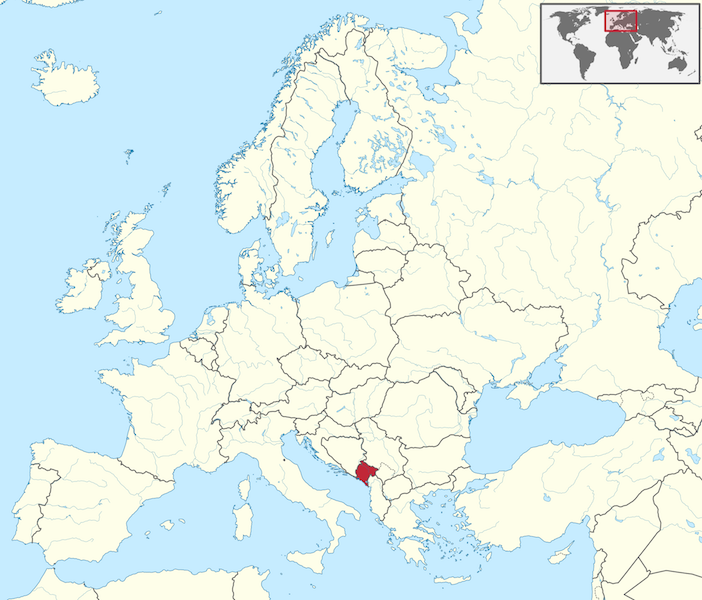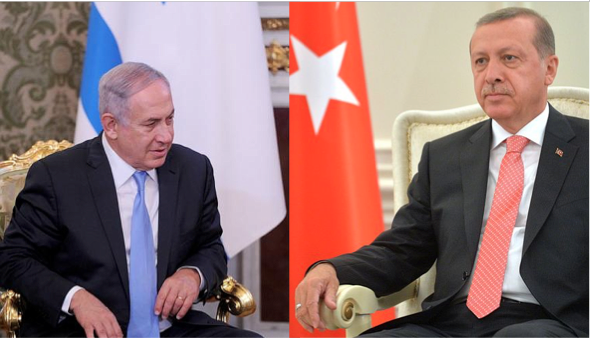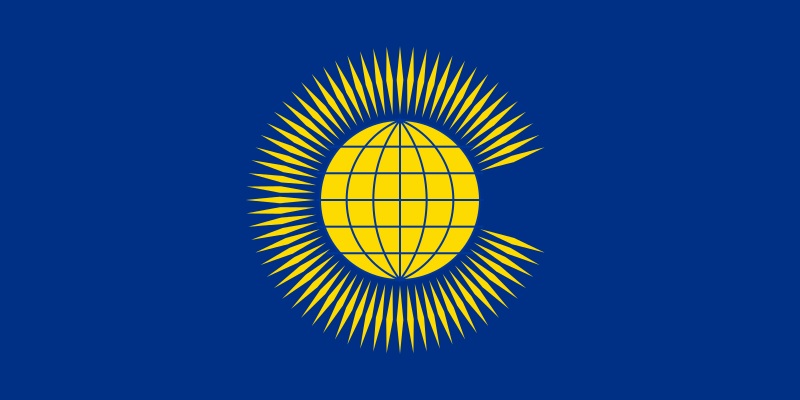Montenegro is a tiny country of only 650 000 people. It was created as a result of a referendum when 55% of the population voted to secede from Serbia in 2006.
Despite its tiny size, it was the scene of what stands as a major conflict between East and West in Europe, namely between the West and Russia. Montenegro was of significant geopolitical importance for Russia because it was one way for Russia to access the Adriatic sea. Milo Đukanović, the country’s Prime Minister since 2012 and leader of the Democratic Party of Socialists, has sought to bring Montenegro closer to the Western sphere of influence by joining NATO in 2015. This essentially left Serbia as Russia’s only ally in Eastern Europe. Russia then threatened to respond with “retaliatory measures”. About 29% of the Montenegrin population is of Russian descent thus giving Putin the opportunity to “advocate” for the Russian minority. Russia, of course, frequently intrudes upon countries on the premise of “protecting” their country’s minorities. Nonetheless, in May 2016, NATO officially began to extend a membership invitation to Montenegro.
Montenegro’s closer alignment with the West was solidified once it joined the European Union in 2007. This was an additional source of antagonism for Russia. This relation also led to a further chill in ties when Montenegro joined the anti-Russia sanctions. This was especially problematic for Russia as it considers the EU to be constantly meddling in its geopolitical affairs; in fact, the 2006 referendum itself was the result of an EU-brokered deal.
October 16, 2016, was election day for Montenegrins. It was also the day that the state’s long-standing tensions with Russia reached a boiling point, as Russian nationalists attempted to overthrow the Montenegro government in Podgorica. The elaborate plot included plans to assassinate Prime Minister Đukanović. Despite consistent denial of any Russian involvement in the coup attempt by state officials, Montenegro’s Chief Special Prosecutor Milivoje Katnic alleges that it was Russian Nationalists who planned and attempted to break into the Montenegro Parliament and assassinate the Prime Minister on October 16.
This event illustrates mounting tensions between Montenegro and Russia, as the Prime Minister’s pro-Western and pro-NATO stance has become increasingly clear to Russia through Đukanović’s recent moves to build good relations with other Alliance members. Montenegro’s slow but deliberate move towards the trans-Atlantic security community, and away from Russian influence, has been cause for growing concern in the eyes of Putin for a number of important reasons.
Russia has long enjoyed influence over a number of smaller neighboring states in the region. Maintaining this influence is crucial for Russia if it wishes to maintain the current international political order and its position within it. Losing a prominent role in Montenegrin political, economic, and social life also means losing an important point of access to Western and Southern Europe through the Adriatic Sea. Recent events in Montenegro paint the picture of a worried Russia, as the failed coup represents an attempt by Russian nationalists to trigger instability for Montenegro, and prevent efforts to pursue Euro-Atlantic ties. The bottom line? If Montenegro successfully joins NATO, Serbia will be left as virtually the only regional ally of Russia, backing Putin into a corner when it comes to strategic influence and next steps in regional and international affairs.
This is a collaborative article written by Michele De Leo and Isabel Zucchero.
Photo: Montenegro in Europe by (2011) via Wikimedia Commons. Licensed under CC BY 2.0.
Disclaimer: Any views or opinions expressed in articles are solely those of the authors and do not necessarily represent the views of the NATO Association of Canada.




